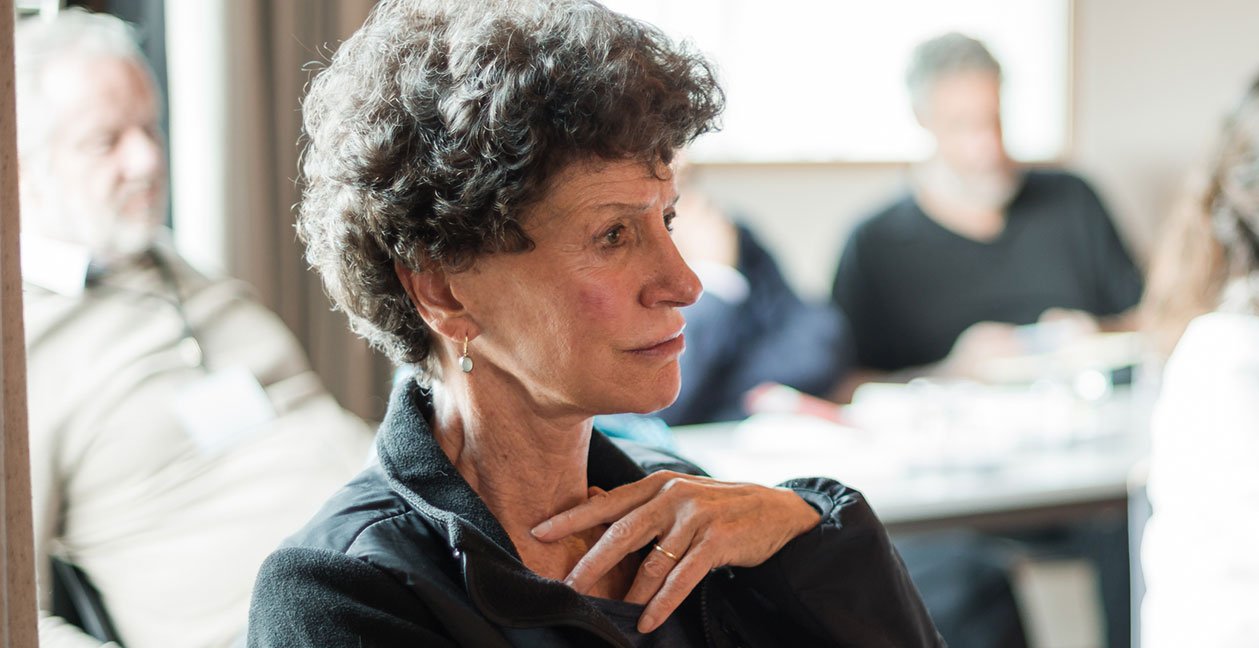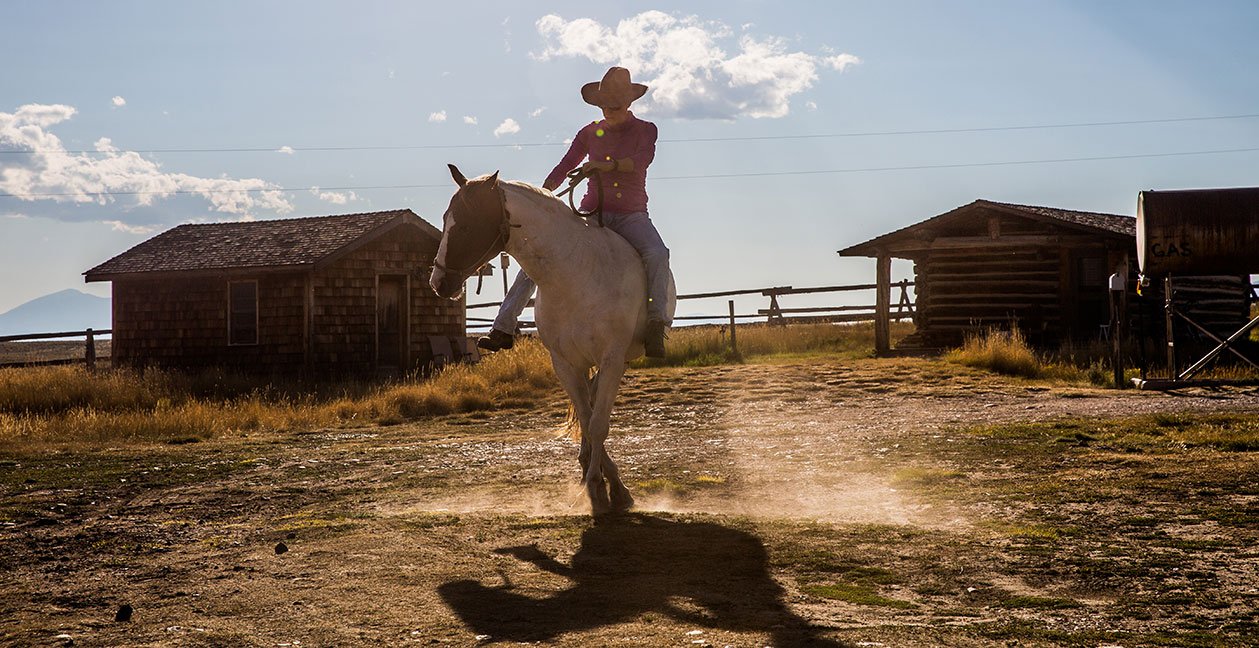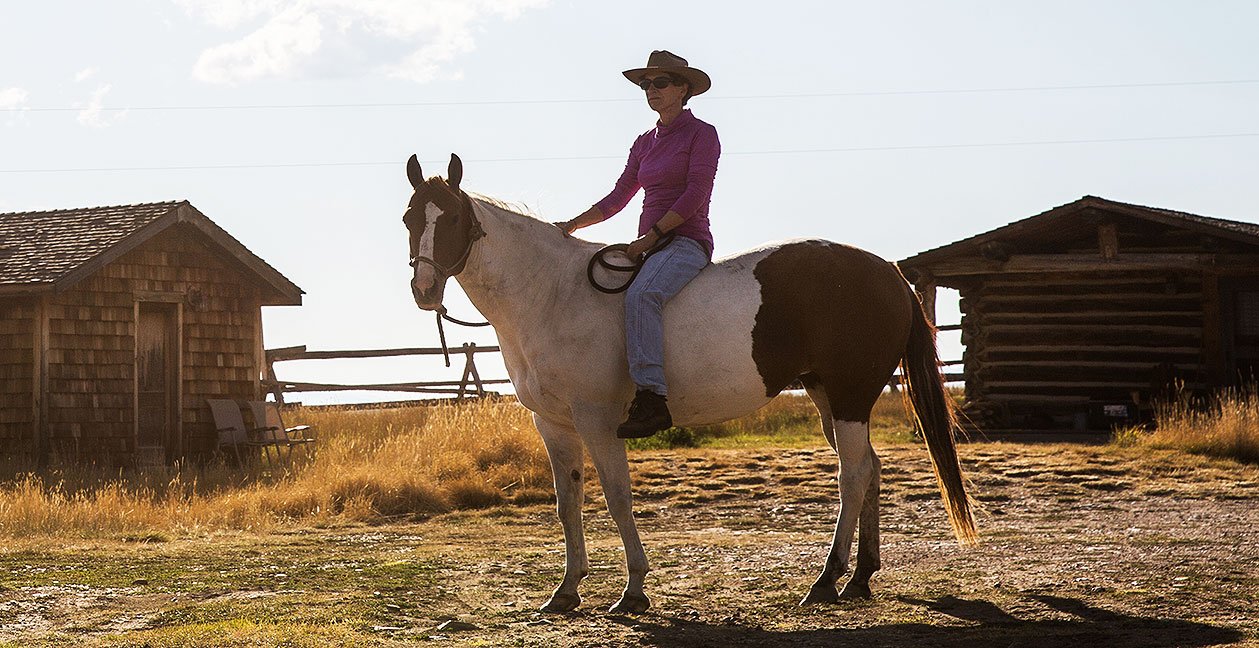As the coronavirus crisis forces us to cancel our work meetings, social gatherings and travel plans, we are encountering a pivotal moment in our lives—one that is brought about by silence. You see, when distractions slow down and eventually stop, silence arrives. And with it comes a very basic question: What are the most important values in life, those that truly nourish our souls and carry us through in our darkest hour?
A friend of mine recently shared her reflections on this moment, noting how she had instilled values of hard work and diligence upon her kids, things like doing well in school and getting a good job. But in this moment of isolation, as she noticed them struggle, she realized she had never shown them how to connect to their hearts and souls, and derive their sense of self and value from that connection, regardless of material possessions or what is happening in the world around them.

We all have had our share of thriving and building our lives, our companies and the world with the drive and energy of masculine values. Success came with a sense of assertiveness, not revealing one’s emotions, competitiveness, independence or analysis, just to name a few masculine traits. As a women’s rights activist who is committed to equality in all sectors and parts of the world, I too went about my life with masculine values. I doubt I am alone in that. I think many women have lived a lifetime with masculine values, for these were the values that defined success.
Yet, in this moment of change, what is most needed is actually feminine values: kindness, collaboration, empathy. I would even dare say that the 21st century needs to be the feminine century. We will need feminine values to get out of this crisis.
Over the course of my life, working and living in war zones, I have come to learn that with every crisis, there is an opportunity. This moment could be an opportunity for humanity to make some necessary changes in how we go about building our world. This also could be a moment for women to take the lead in articulating the feminine values that we need to incorporate into our new world. If we don’t do that now, then when?

I doubt there is one person who has these values all figured out. We are all suffering and awakening together, as the Buddhist saying goes. But I do believe that a number of women who have walked their full journey in life have some understanding of these values—and have even managed to make the change in their own personal lives. With this quest, I’ve began a series of conversations with women who have something to share with the rest of us about their journey of discovering feminine values. I started with Peggy Dulany.

Peggy is known for many things: founder of Synergos Institute, a global nonprofit focusing on alleviating poverty; co-founder of Synergos’ Global Philanthropists Circle with her father, David Rockefeller; and owner of a grass-fed beef and guest ranch in Montana, as well as an ecotourism operation in Namibia. For those who know her, Peggy has an amazing, grounding energy. At 72 years old, she starts her day with yoga, incorporates her garden vegetables in her breakfast and makes sure she gets her 10,000 steps every day by taking walks through nature, mostly in the land of the Rockefeller estate surrounding Stone Barns.
Mentored by leaders of Fortune 500 companies as she worked at the Partnership for New York City—a nonprofit membership organization for CEOs and entrepreneurs—Peggy, like many women, led her life with a drive that replicated the masculine values of those who surrounded her. Growing up, her sense of the feminine was “to have your shoes and your purse match, something I wasn’t good at,” Peggy shared during a recent FaceTime call. Her other understanding of being feminine was to be attractive to men. “I was better at that,” she chuckled.
A new awakening took place in Peggy’s life in her early 50s, while attending a wilderness retreat focused on purpose in one’s life. When she expressed her bewilderment at the emotions she was experiencing while in nature, the facilitator responded: “It is because you have such beautiful feminine [values] and you have a beautiful heart.”
“I didn’t know what that meant,” Peggy explained. But as she slept and meditated in the days that followed, Peggy had an epiphany. “The essence of my purpose came to me. Your purpose is to create ‘safe spaces,’ I heard. So that people—both men and women—can fully realize themselves in their masculine and feminine. So that the full feminine can come back into the world, because the world is out of balance.”
Peggy had already moved out of New York City to live in the wild nature of Montana. But it took her two years to fully understand that moment of enlightenment she had at the retreat.
“The earth nurtures us, and from that, the feminine is nurturing. We physically create safe space in our womb where children can develop. And if we feel safe enough in ourselves, then naturally, we create safe spaces for each other. That is when I realized this is what I want to be in the world—and what I want Synergos, the organization I founded, to be,” Peggy explained.
At the core of Synergos’ work is developing “bridging leaders.” Bridging leaders “are those who have the ability to listen deeply and empathize with others,” Peggy said. “They are people who reach out across the divides and help people to heal as individuals, but also heal the divides that are keeping complex problems from being addressed. For one to do that, they have to be comfortable in themselves first.”

That’s when Peggy started hosting retreats at her ranch in Montana. Retreat attendees vary from top executives in different parts of the world to entrepreneurs and philanthropists dedicated to positive impact in their work. “People came out of these retreats not only feeling whole, loving and safe but then wanting to serve with love out there in the world,” my friend told me. “Safe containers create the courage for people to fully show up.” And that is the first step to building trust—another feminine trait that became part of the foundation of bridging leadership. “Lack of trust can get in our way to solve problems, while building trust can help people to go way further than the technical solutions that were tried,” she said.
This wasn’t all about work for Peggy. It changed her personal life as well. “It made me more trusting and more trustworthy,” she explained.
Needless to say, regression to old behavior patterns happens to all of us. So I asked Peggy what she does when that happens. “We all get scared and get angry, especially with those closest to us. But the more we create this new channel of being loving and being trustworthy, the easier it is to find the new pathway that is being engraved and to hold it for longer.”
I liked the answer theoretically, but I also wanted practical steps that can help one go back to their new center. So I asked again: really, what do you do to manage those moments when you might slip? “I go outside in nature,” she answered. “It is a profound way of reconnecting. It helps me connect to the divine outside and inside myself.
May we all use this moment to connect to nature, to the divine and to each other in ways that can pave the path for a new way of being for generations to come.






